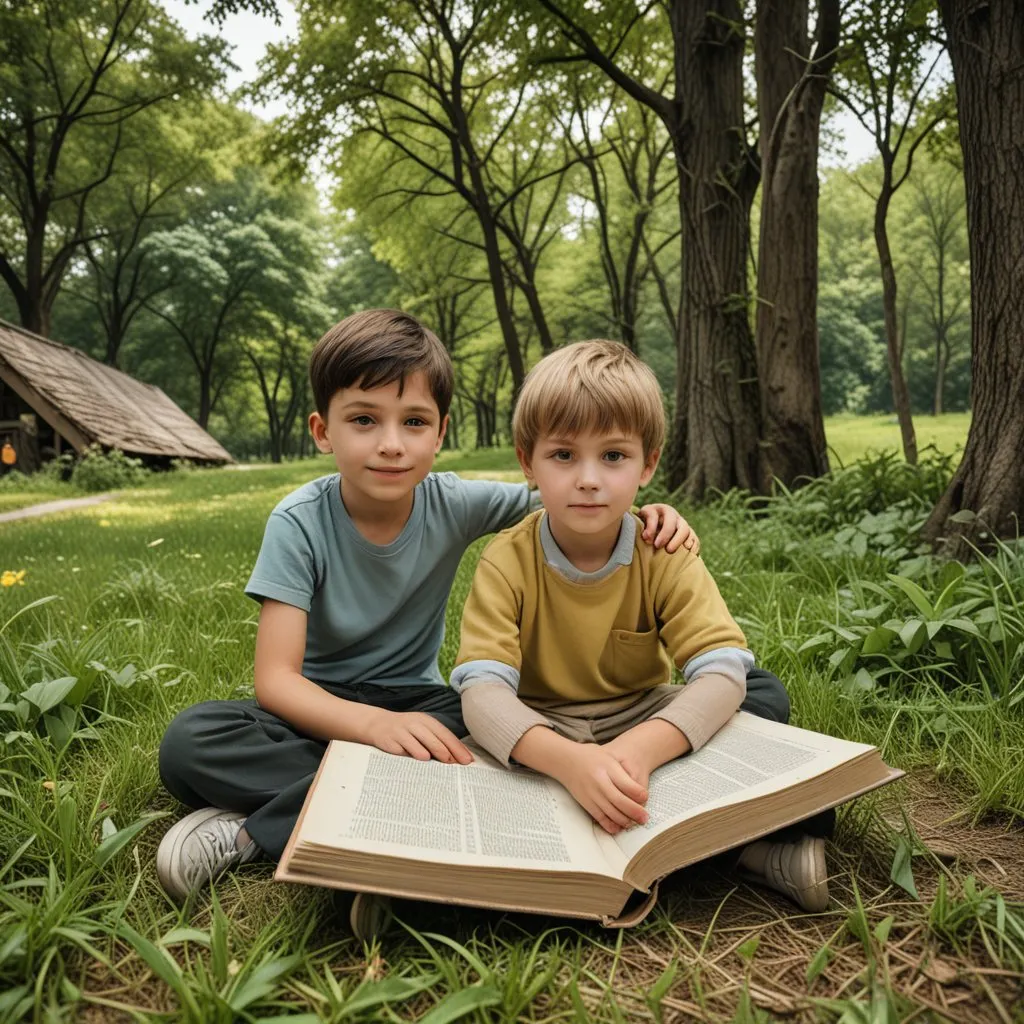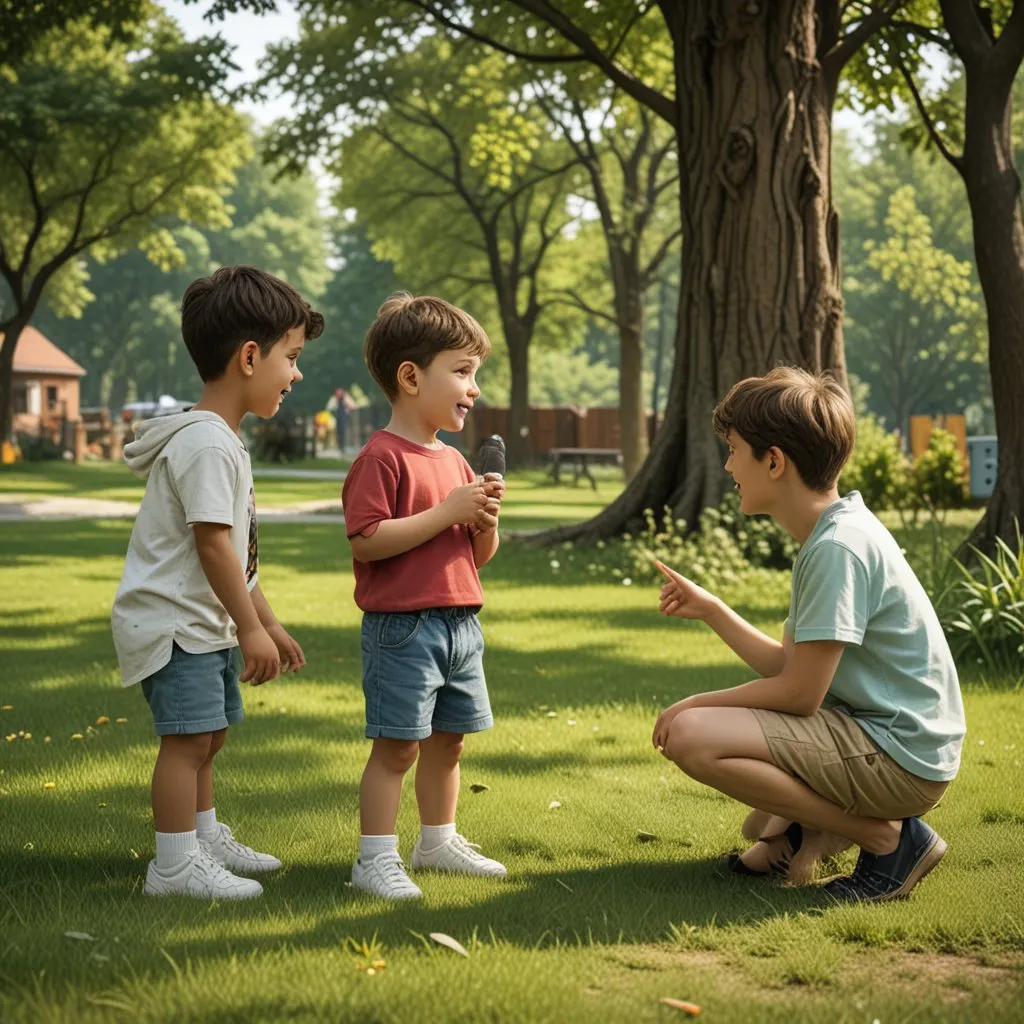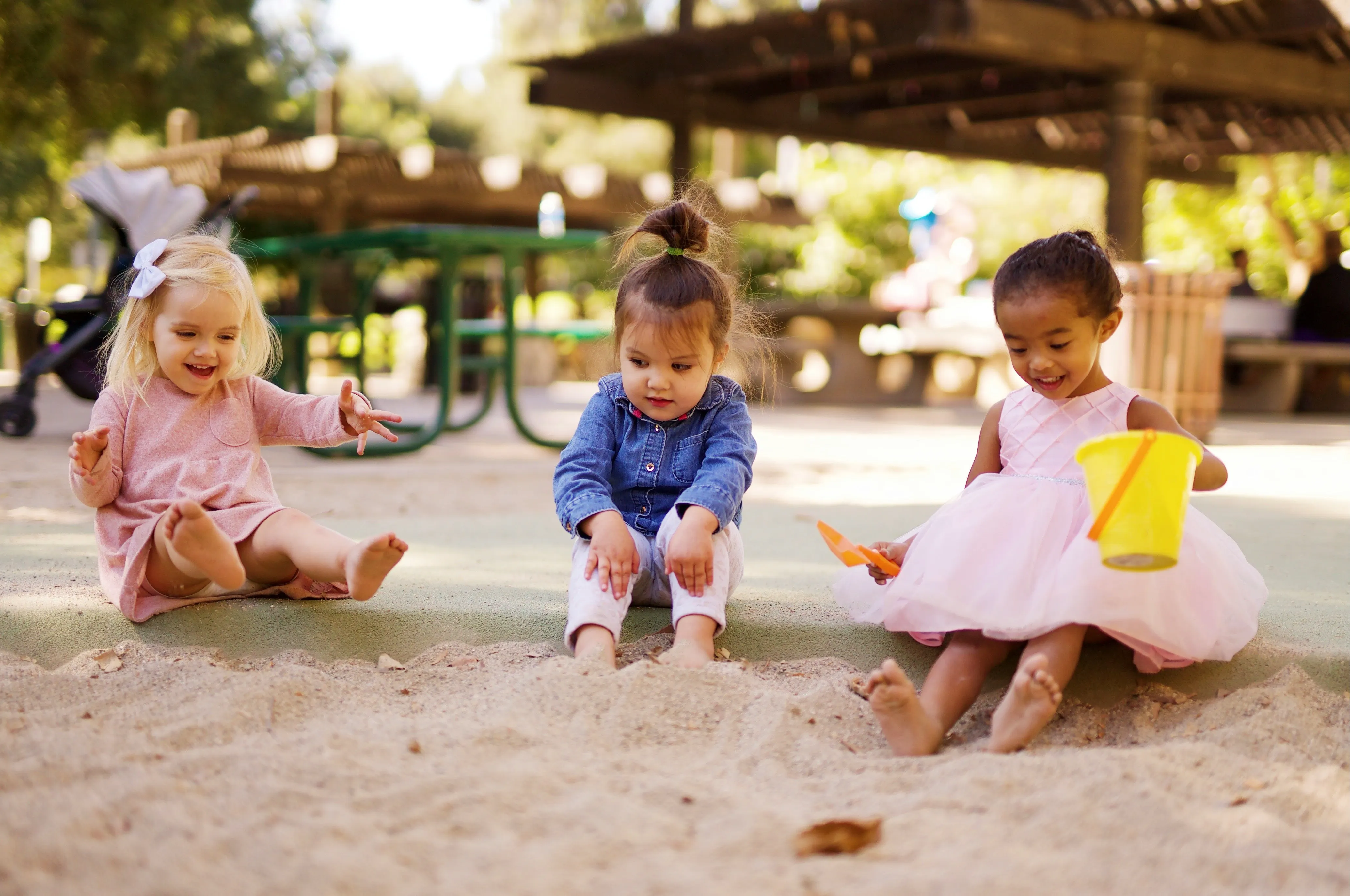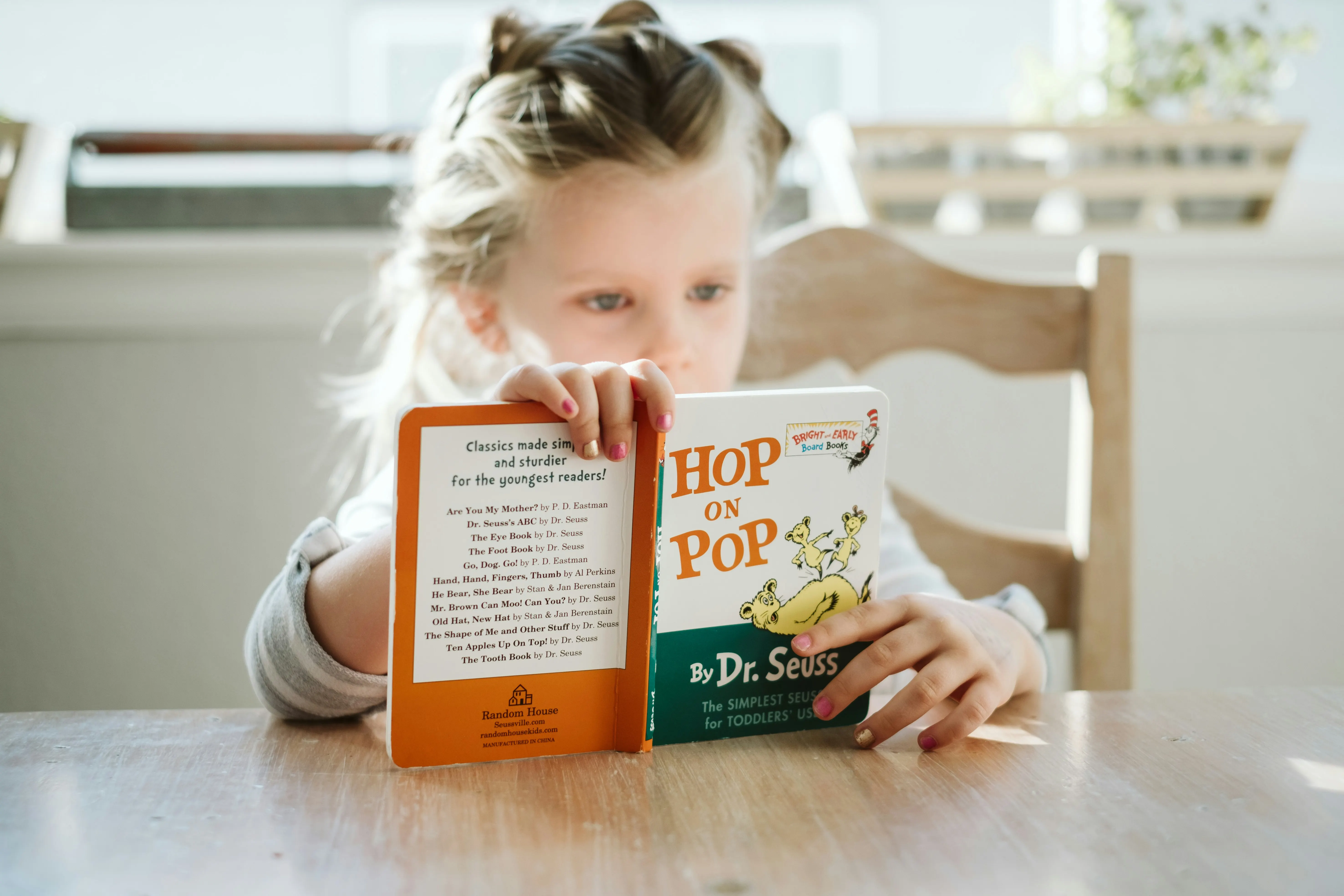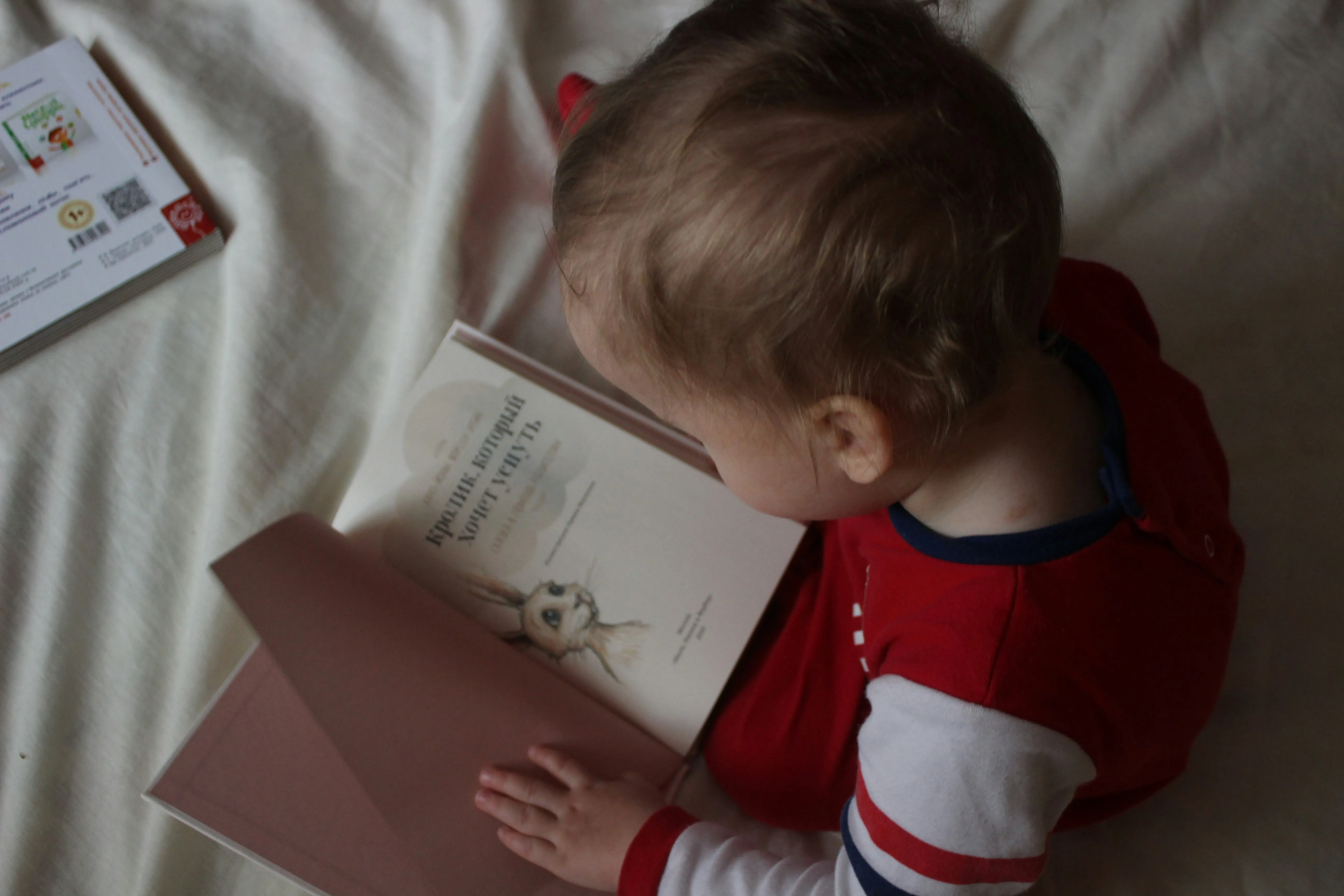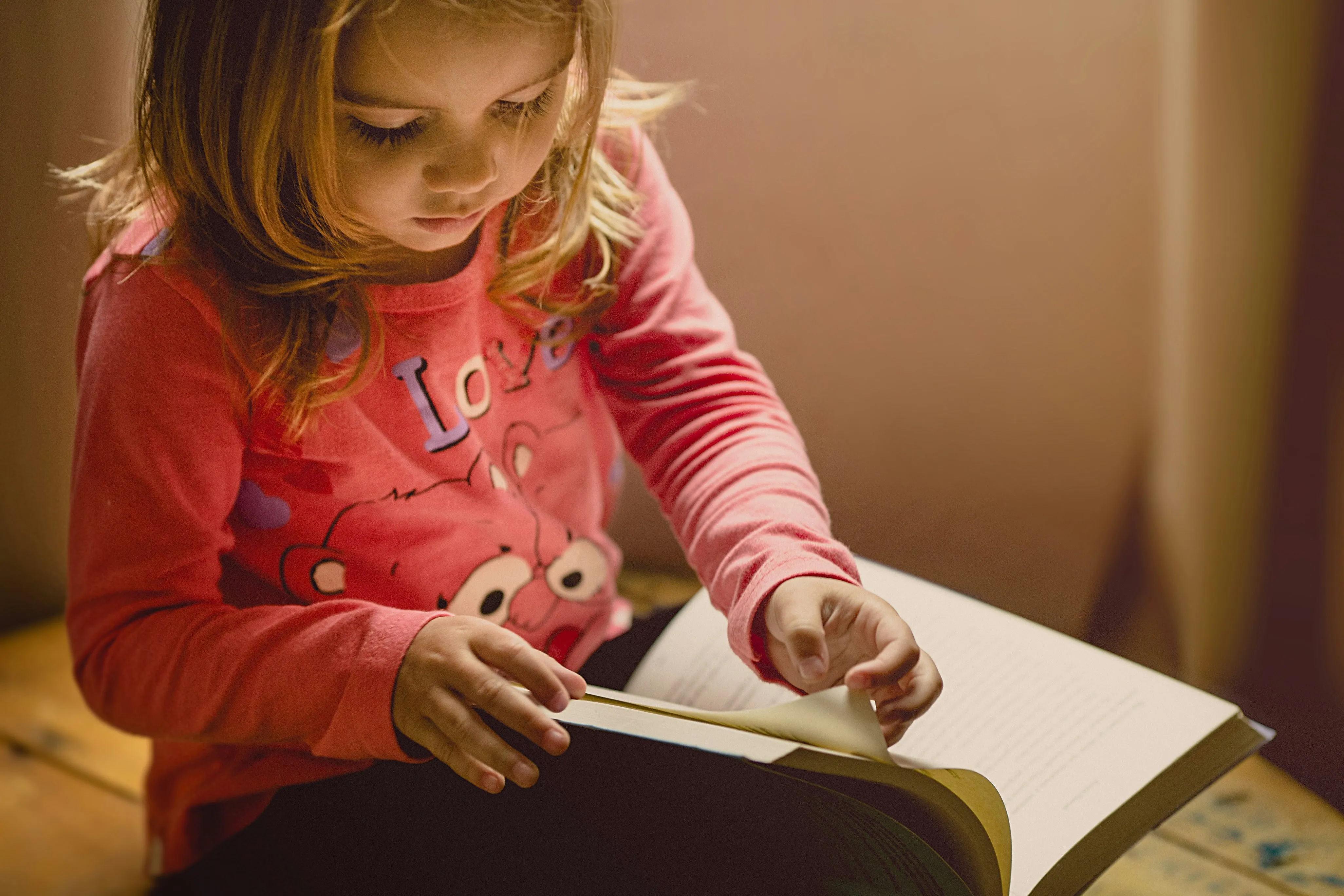Cultivating Success: Planting the Seeds of Potential from Birth
Nurturing Success: The Path Begins at Birth

Embarking on the path of parenting is a profound step into the unknown, loaded with countless hopes and aspirations. You are not just raising a child; you're crafting the future. But what if success, like wisdom, could be nurtured from the very beginning? This prodigious mission begins the moment your little one enters the world, for the choices you make and the environment you provide lay the groundwork for a lifetime of accomplishments. Let's not underestimate the impact early years have on shaping individuals who are geared for success.
In this extensive exploration of success from the earliest days, we'll journey through countless milestones, interactions, and strategies that craft the achievers of tomorrow. We delve into the intertwined roles of genetics, environment, and personal development, offering insights that are both timeless and backed by the latest in scientific understanding and societal reflections. From parental influence to the role of education, our narrative is structured to unfold a broader context of the multifaceted concept of success and its intricate beginning at birth.
The Blueprint of Success
The term 'success' holds diverse connotations, yet it undoubtedly craves to be woven into the fabric of parenthood. Success as a parent does not simply mean witnessing your child amass certificates, accolades, and job titles. It's about sculpting a being who is kind, resilient, enterprising, and empathetic. It's an amalgamation of socio-emotional, intellectual, physical, and moral victories.
Defining success is an introspective exercise. It is crucial, particularly in the context of parenting, as it roots the child in a value system and goals that they can later strive to achieve independently. Early development is the vessel that carries these ideals, careful not to spill a droplet on its journey through adolescence and into adulthood.
But how do we define and measure success for our little ones? Is it quantifiable by grades, character reports, or perhaps the milestones they cross? Alternatively, is it in the smiles and robust health we provide them, and the loving environment we sculpt? Success, in its purest form, is a blend of achievement and happiness that is unique to every parent-and-child alliance.
The Pioneers of Success: Parents and Grandparents

There's an abundant treasure trove of knowledge that our predecessors carry, waiting to be unlocked. Grandparents and parents are the torchbearers of life lessons. They breathe experience and exhale wisdom, illuminating the paths of their progeny. A grandparent's victory lies not in the distance they've travelled but in the footsteps they've left for future generations.
From bedtime stories that sow the seeds of adventure to the secret family recipes that nourish the body and soul, grandparents play a pivotal part in shaping a child's sense of identity and belonging. Their influence, often undervalued, traverses generations, marking the first steps towards success by instilling the importance of history, tradition, and unbreakable familial ties.
Parents carry the baton forward, shouldering the responsibility for the critical early years. Their success is not about creating clones of themselves but nurturing individuals who have been equipped with the tools to triumph in a global arena. It is about fostering an environment rich in love and acceptance, wherein children can confidently explore their potential, make mistakes, and learn from them.
The Science of Early Development
The canvas of your child's brain is painted with an array of experiences, forming a mosaic unique to them. It's during these formative years that rapid neuronal connections are forged, setting the stage for cognitive adeptness. The sensory inputs they receive and the nurturing relationships they build directly influence their psychological make-up.
Studies in neuroscience relentlessly underline the significance of the early years in moulding a child's entire existence. It's about infancy and independence, where the need for secure attachment intertwines with the freedom to explore. These foundational years are an investment; the dividends could manifest years later as creativity, resilience, and emotional intelligence.
Early development is a phase where success isn’t yet measured by results on a chart or scores in a classroom. It is demonstrated through the warmth of a caregiver’s touch, the variety of stimuli that enrich the tiny mind, and the patience to handle the tremendous growth spurts. Development is the currency, and the positive experiences it buys will last a lifetime.
The Role of Environment and Education

The environment enveloping a child is as crucial as the genes they inherit. It is the nurturer of intelligence, the shaper of character, and the architect of habits. Homes that echo with laughter, sing with love, and resonate with the sound of stories, inevitably, nurture individuals who gravitate towards success.
The importance of early education cannot be overstated. It's not the curriculum but the approach - a pedagogy intertwined with play, exploration, and personal discovery. The learning environment, whether at home or in a formal setting, must cater to the individual child's interests and pace, affirming their unique potential and igniting a thirst for knowledge.
The intertwined role of environment with education is to dictate and redefine success. It's not just about teaching your ABCs and 123s but also imparting life skills, teaching empathy, and initiating problem-solving. This combined entity paves the way for not just scholars and professionals, but well-rounded individuals who possess a holistic understanding of success.
Cultivating Success Through Discipline and Freedom
Discipline and freedom may seem at odds with each other, but they are the stalwarts of a balanced upbringing. A child who understands discipline is like an arrow pulled taut on a bow, waiting for the release that propels it forward. Freedom offers the breadth to explore while discipline provides the boundaries to safely do so.
It's a dance between teaching responsibility without quenching curiosity, a symphony where encouragement is the score, and discipline, the tempo. Children who are equipped with the right balance meander through the maze of adolescence with grace, arriving at adulthood with a clear understanding of their ambitions and the work it takes to fulfil them.
Conversely, excessive freedom can be as detrimental as stringent discipline. Encouragement without any structure may lead to a lack of appreciation for the opportunities it presents. It's in finding the right equilibrium that parents and educators lay the framework for a successful future, understanding that discipline does not have to be sterile or stifling, and freedom does not have to be wild or untempered.
Success at Play: The Significance of Social and Emotional Development

The stage of early childhood is a period of emotional and social infancy. It’s amidst the playground squabbles and defiant "no's" that children learn to negotiate the social landscape. It is an emotional rollercoaster filled with awe, anger, laughter, and love - all necessary ingredients that mould children into empathetic beings.
Here, play is the serious business of development. It is through play that children grapple with complex emotions and learn to communicate with a language that’s universal. The joys of a shared tea party, the disappointment of a game lost, and the humility of a small victory lay the groundwork for compassion and resilience, proving that play is more than fun - it's the precursor to success in society.
The significance of social and emotional development lies in learning to understand one’s feelings, persist in the face of adversity, and nurture relationships. It’s about looking at a crying friend with empathy, sharing the last cookie out of love, and understanding that success is in the bonds we forge, not just the accolades we amass.
Technology and Success: Early Screen Time and the Digital Native Generation

Technology has transcended being a tool; it’s now an environment. The burgeoning digital epoch brings with it opportunities and apprehensions. Screen time, an omnipresent concept, can be daunting in its omnipotence. How do we integrate it into the lives of our youngest with a conscious approach that does not stifle their potential for real-world success?
The digital arena offers learning beyond boundaries, with information at one’s fingertips and education a click away. However, balance is key. The tactile experiences of a physical world are irreplaceable, and the art of face-to-face conversation, unembodied by a screen, is intrinsic to the success of our digital natives in their future endeavours.
Safeguarding the early years from the perils of excessive screen time is akin to planting a garden. An attentive approach that paves the way for critical thinking and active engagement with technology, rather than passive consumption, is the need of the hour. Success in the digital age starts by teaching children not just 'how' to use technology but 'why,' respecting it as an aid, not an aphrodisiac.
The Success of Failure: Embracing Adversity as a Learning Opportunity
In a world fixating on achievements, the concept of failure is often relegated to the shadows. However, it is the mishaps and missteps, the furlongs between foul-ups, where the true essence of success lies. Failures are the classrooms where the most profound lessons are learnt, be it patience, humility, or the art of standing tall after a fall.
The triumph over failure is not only about reaching zeniths after nadirs but also altering the perspective on life itself. It's about teaching children that mistakes are not stains but scaffolding. They are the means for deep introspection, redirection, and, sometimes, the much-needed binary on a journey towards success.
As parents and guardians, the role is not to shield children from failure but to demonstrate its ancillary nature in the voyage of success. As they navigate through tumultuous adolescent waters and eventually sail off into the tempests of a professional setting, their ability to handle failure - to understand that it’s as much a part of life as success itself - becomes the harbinger of true success.
Wealth or Health: Rethinking the Notion of Success
The age-old dichotomy of 'wealth or health' has woven its tendrils into the modern perspective of success. However, it’s not just about making the most money or boasting the best physique. True success is not in accumulation but in contentment, in the feeling of a life lived well.
It's about teaching children that success transcends the constraints of a bank balance or waist size. It's in fostering a healthy relationship with money, understanding its role as a facilitator, not the end goal. Success is crafting a body that’s well and a mind that’s balanced - a pursuit that commences with the early lessons in nutrition and the importance of exercise.
In rethinking the notion of success, it’s not about drilling into children the pursuit of wealth and health as dichotomous goals, but integrating them into a life that values its elements equally. Success is being wealthy in health, fortifying a connection between the physical and mental planes that is necessary to navigate the storms and bask in the sunshine.
The Culture of Success: Instilling Values and Morality
Culture is the ointment that heals the chafes of society. It's an intricate weave of rituals, traditions, and, most importantly, values. The success of a person is inextricably linked to the moral compass they inherit in the early years. The victories of parenthood lie not just in the certificates on the wall but the kindness in their children's heart.
The inculcation of values is not a passive task but an active engagement. It’s through modelling, story-telling, and consistent reinforcement that children understand what it means to be honest, kind, and responsible. Success from birth lies in embedding these values in every aspect of their life, from the choices they make to the relationships they foster.
The challenge for parents and educators is not in drilling children with lists of rights and wrongs but in fostering an environment that naturally imbues moral values. It's about creating a culture where success isn’t just lauded for what it has amassed, but for what it has refused, lest it tarnish the morality of its victories.
Conclusion
The fulcrum of success from birth is not a formula but a flow. It's a confluence of genetics, environment, and personal development, meticulously balanced to foster individuals who are geared for a life of meaning and purpose. The journey of shaping successful individuals begins with setting clear definitions and cultivating habits and mindsets that resonate with these ambitions. As parents, guardians, and educators, we are the architects of the future, tasked with a mission to lay the ground, raise the mast, and set sail these young voyagers on the sea of life.
Success, at its core, is not about the plethora of achievements or the clinking of accolades. It's about crafting individuals who are at peace with themselves and their circumstances, who are empathetic and industrious, and who understands that success is not a destination but a pursuit. Let us be the harbingers of this message, for the greatest success of our children is readying them for a life that they can call truly their own.
Related Articles:
The First 36 Months: A New Parent Guide-lette
Citations:
www.neuroscienceofearlydevelopment.com
www.environmentaleducation.org
www.playandsocialdevelopment.org
www.wealthandhealthsuccess.com

WRITTEN WITH AUGMENTED INTELLIGENCE



















